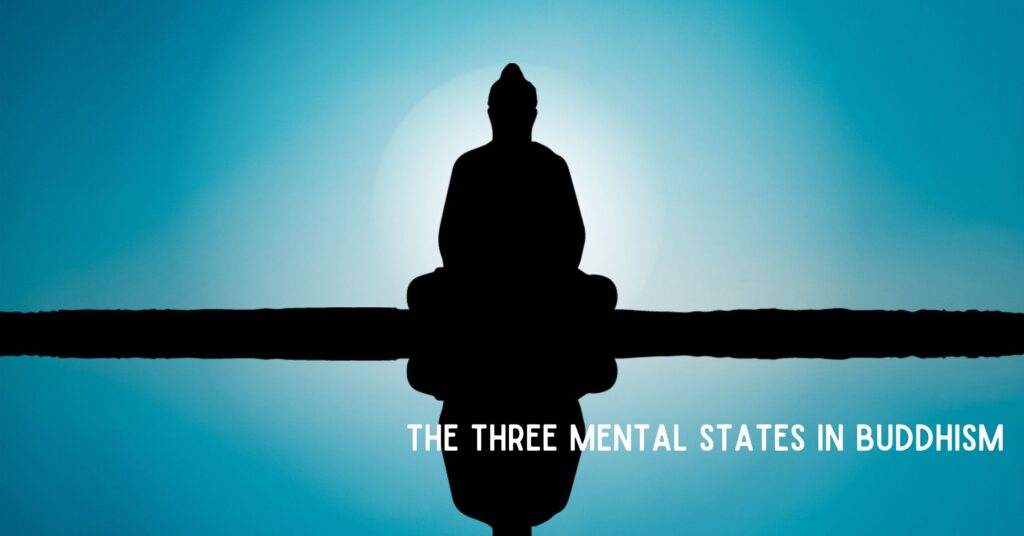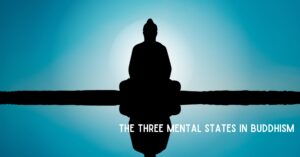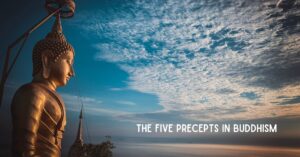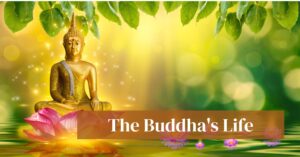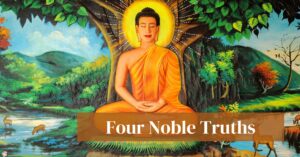The three mental states in Buddhism include: Raga, Moha, and Dosa
Raga
Raga refers to attachment or clinging. It is the mental state or factor that arises when we become attached to something, and it can manifest as a feeling of desire or craving for something. Raga can also be translated as “greed” or “lust,” which is considered a significant cause of suffering and a hindrance to spiritual progress.
Moha
Moha refers to delusion or confusion. The mental state arises when we fail to see things as they are, manifesting as a lack of understanding or a distorted perception of reality. Moha can also be translated as “ignorance,” which is considered the root cause of all suffering.
Dosa
Dosa refers to aversion or anger. It is the mental state that arises when we strongly dislike or hate something, and it can manifest as feelings of anger, hatred, or resentment. Dosa can also be translated as “hatred” or “anger,” which is considered one of the significant causes of suffering.
These three mental states or factors are considered the primary sources of suffering, and Buddhist spiritual practice aims to overcome them by developing wisdom, ethical conduct, and mental discipline. One can attain inner peace and freedom by understanding and overcoming these three mental states.
